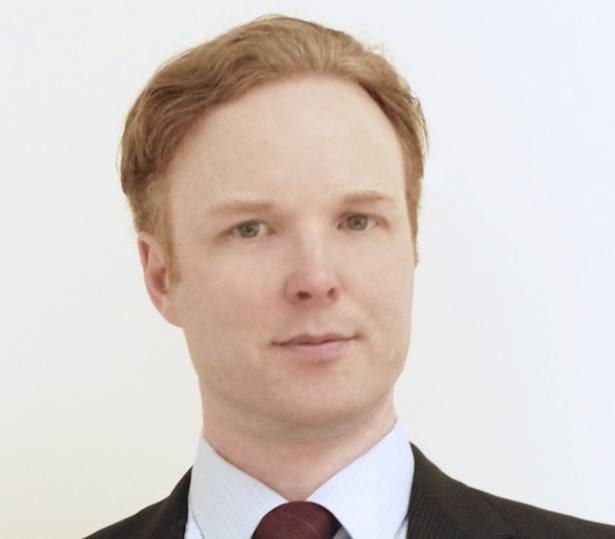
The evolution of MPS has been somewhat rapid, particularly over the past few years.
Whether the solutions in this increasingly crowded market can all survive remains to be seen, but the signs are positive as assets under management are increasing across the board.
Defaqto has adopted managed portfolio services (MPS) as the preferred terminology for a portfolio of segregated holdings where all clients in a particular profile receive exactly the same portfolios and, crucially, are traded and adjusted, with a discretionary agreement in place, by the discretionary managers.
The evolution of MPS has been quickening, particularly over the past few years, and Defaqto has witnessed this as it has been collecting data on these solutions for the best part of a decade now.
Key to this evolution has been a shift in thinking from both advisers and discretionary fund managers (DFMs).
The days when MPS were seen as solutions for ‘mopping up’ clients with small pots to invest are largely a thing of the past, although some DFMs still offer solutions with very low investment thresholds, particularly when accessed through a platform.
Nowadays an MPS tends to represent a discretionary manager’s best thinking and they are viable investment solutions for clients with varying degrees of complexity and at most investment levels.
At the time of writing, Defaqto holds comprehensive asset allocation and quarterly performance data on some 1,500 portfolios across 142 MPS solutions and from 64 discretionary managers.
Chart 1: The MPS evolution
The chart tracks the total number of MPS propositions on the Defaqto database over the past three years and breaks this number down into those solutions held in direct custody with the DFM and those available on a third party platform.
We can attribute their rise in popularity and continued traction in the adviser community to a number of factors.
Fundamentally advisers fall into two camps; those that manage their clients' money themselves and those that outsource.
For those advisers lacking the wherewithal to physically manage client assets (or indeed preferring not to), the obvious solution is to outsource either to a DFM or a multi-asset fund where all investment decisions are taken by the third party investment specialist.
Outsourcing the running of client money is advantageous to advisers, partly because it reduces risk in their business and partly because it allows them to concentrate fully on financial planning without the ever-present worry of having to explain and justify the occasional wrong decision and falls in value, which can be a hindrance to a long-term client/adviser relationship.
More importantly, it is perhaps advantageous to clients that their assets will be looked after full-time by an investment specialist. This can result in a very positive shift in the client/adviser dynamic in that both parties are working together to find the best solutions.







